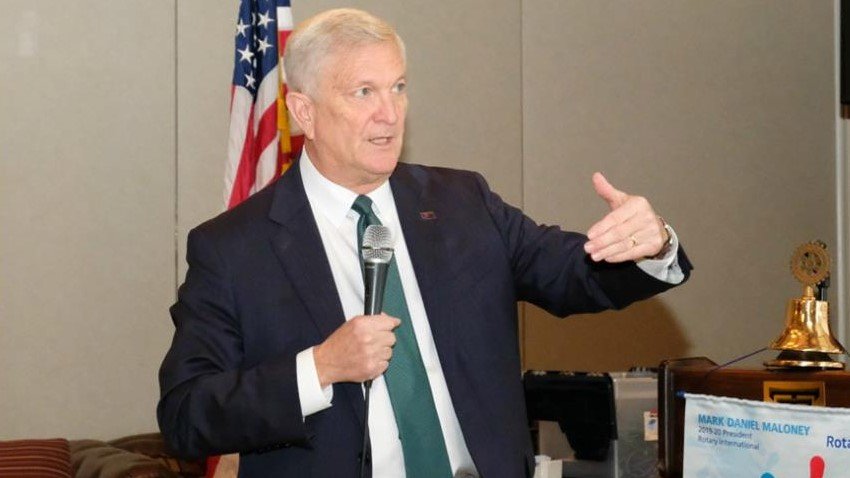
The Ohio Casino Control Commission (OCCC) on Tuesday approved significant changes to its advertising and promotional rules while also expanding the scope of integrity monitoring for the state’s gambling industry.
In the latest regulatory meeting, the OCCC moved to ban gambling companies from offering promotions as part of a “non-gaming, consumer transaction,” particularly targeting promotions aimed at consumers under 21, the legal gambling age. This means, for instance, companies like Fanatics Sportsbook cannot offer promotions to high-school-aged customers purchasing team merchandise. The rule further prohibits offering promotions to individuals on voluntary or non-voluntary exclusion lists, those with gambling problems, or other “vulnerable individuals.”
These proposed rules, still pending approval from Ohio’s Common-Sense Initiative office and the legislative Joint Committee on Agency Rule Review, will return to the OCCC later this year for final approval.
The OCCC also plans to expand integrity monitoring requirements. Current regulations mandate that integrity monitors flag “unusual” or “suspicious” gaming activity. The amended rule would compel monitors to “collect and analyze information to identify integrity concerns,” proactively seeking out potential issues rather than merely reacting to them. Discussions included ensuring athletes could anonymously report concerns and allowing whistleblowers to safely flag issues. The OCCC executive director will determine how the information is shared.
In related developments, Massachusetts regulators are contemplating similar adjustments to their gambling rules.
During its monthly meeting on Tuesday, the Michigan Gaming Control Board (MGCB) addressed concerns over suggestions that it was attempting to shut down businesses like Chuck E Cheese and Dave & Busters. MGCB Director Henry Williams clarified that the board is not targeting these businesses, despite recent concerns about Dave & Busters’ proposal to allow customers to wager against friends on venue games.
Dave & Busters plans to let loyalty members over 18 bet against each other using an app developed by gamification software company Lucra, which would facilitate real-money peer-to-peer betting.
While Nevada regulators have already told Dave & Busters that such betting is not allowed, Illinois lawmakers brought up the proposal but could not take it to the final vote before the session ended.
Original article: https://www.yogonet.com/international/noticias/2024/06/21/72759-ohio-casino-control-commission-advances-advertising-and-integrity-monitoring-rules














